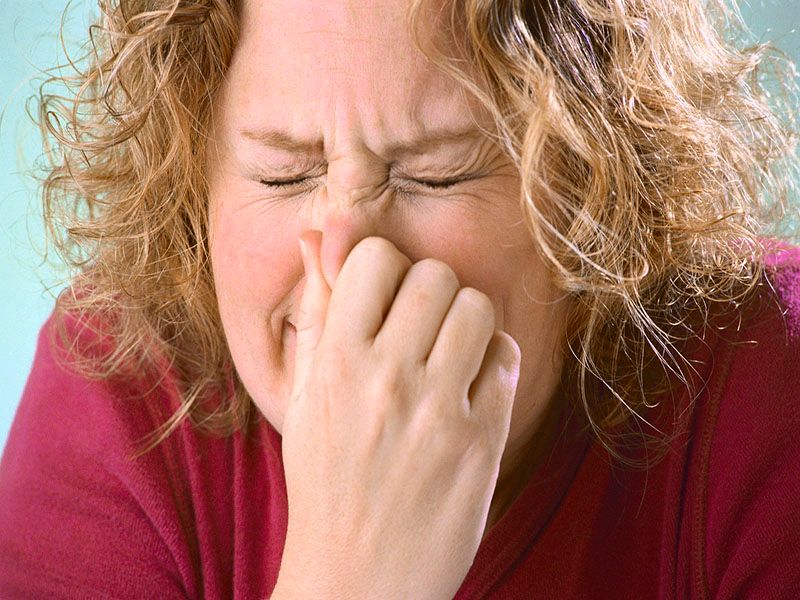
The world’s researchers have worked at a breakneck pace during the COVID-19 pandemic. Through October, more than 87,000 papers about the new coronavirus were published worldwide. That’s a remarkable number even given the significance of the pandemic, according to the researchers who tallied them all up. “It is an astonishing number of publications — it… read on > read on >






























